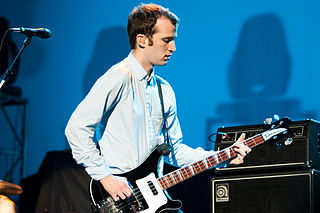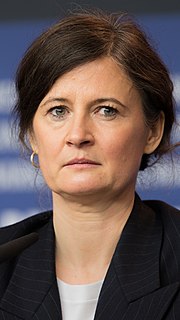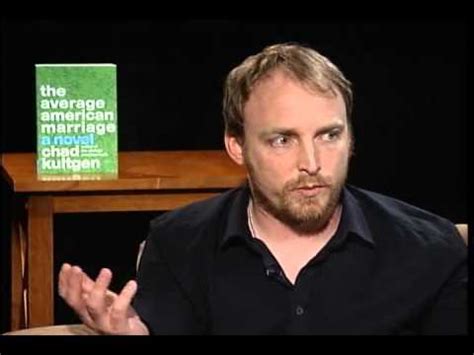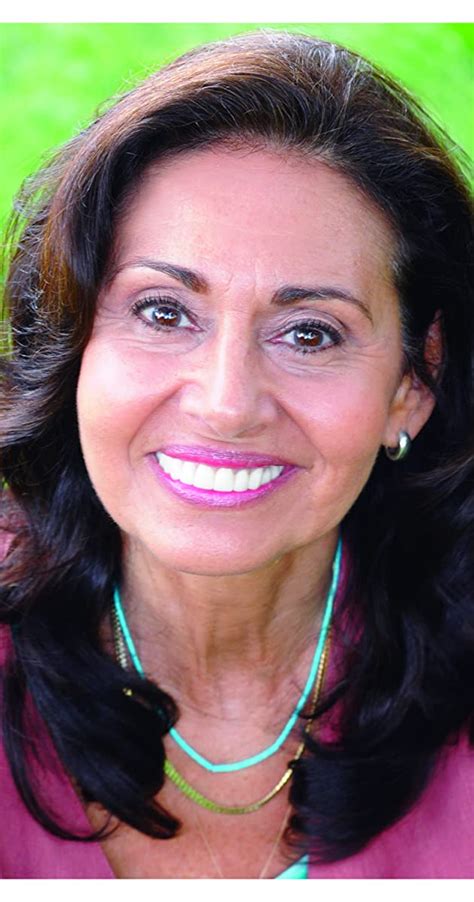A Quote by Chris Baio
I'm not the type to generalise about an entire generation. I think the most general thing I can say, is that things are way more dispersed, and way more de-centralised than they were twenty years ago. I don't really feel like people talk about my generation the way people would talk about Generation X in their early 90's when Nirvana blew up. I feel like there was an easier, more coherent narrative to find, than you can now.
Related Quotes
With the Holocaust - I wonder if a lot of Jewish writers of my generation have felt this way - it feels really intimidating to approach it. I feel like so many writers who have either lived through it firsthand or were part of that generation where they were closer to the people who were in it have written so beautifully about it, so there's no lack of great books about it
Everybody talks about the entitlement generation. There is no time I'd rather live in than now, and there is no generation I would more entrust the future of this country to than this one. There is a tendency to live in a nostalgic state in this country, and to think that other generations possessed an integrity and a tenacity greater than the generation that is now. I wholeheartedly disagree with that. I believe that this is a group that will rise up to any challenge that comes before them as well as any other generation in America would have done.
There's one thing about freedom ... each generation of people begins by thinking they've got it for the first time in history, and ends by being sure the generation younger than themselves have too much of it. It can't really always have been increasing at the rate people suppose, or there would be more of it by now.
Sex is more openly spoken about than 40, 50 years ago, and I think probably in comparison to a lot of bands - certainly other contemporary pop girl bands - we're certainly not as suggestive. We talk about sex in the way that we would to our friends. As a girl group, I think it was important not to avoid those sort of things either, because it's about confronting people's idea of what women should be talking about and how they should talk about it. There's no point in shying away from subjects like that, because they exist.
Today's children are living a childhood of firsts. They are the first daycare generation; the first truly multicultural generation; the first generation to grow up in the electronic bubble, the environment defined by computers and new forms of television; the first post-sexual revolution generation; the first generation for which nature is more abstraction than reality; the first generation to grow up in new kinds of dispersed, deconcentrated cities, not quite urban, rural, or suburban.
I grew up in the 1970s and I am a product of women's liberation. My generation is really the first one to fully benefit from the movement. It's the same for homosexuals. We are the first generation to really accept that someone is gay. I work with people who are gay and of course I don't think about it. I don't care if someone lives with a man. Twenty years ago it was an issue. Now it's not.
There are a lot of complaints by the older generation about the lack of action in this generation. My retort: give these people something to be engaged in. Cutting a check is not engaging. Some charities treat donors like cash machines. Until now there hasn't been any effective way for them to provide a more personal or interactive giving experience.
When people say stuff to us casually in reviews, if they write about it in a condescending way with really gendered language, that's not really about me. It used to hurt my feelings more than it does now. That's not about us as a band or me as a person. That's about how you feel about women, and that's a societal thing.
It's the balance I'm trying to find - not being disconnected but giving myself some space to be in my world. I feel like I'm surrounded by friends of mine who are very different from one another but all care about similar things. We talk about this a lot, and I think that's probably the main thing - being surrounded by good people is the best way to stay in a solid head space. You want to be able to talk about these things, and be able to think things through and feel things through. That's helpful for me.




































